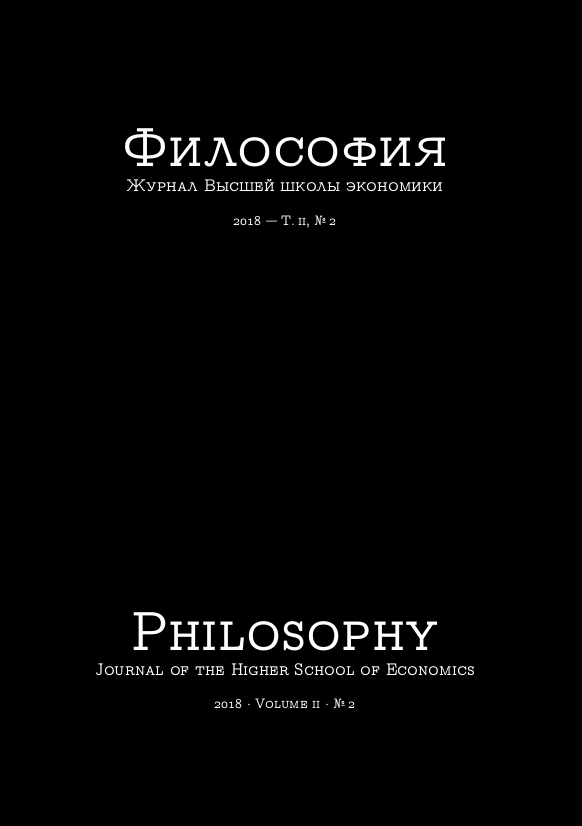Revolution and Reform: Relationship between the Concepts in the Early Years of the Great Reforms
Abstract
The article examines the place of the concepts revolution and reform in the political discourse in the first years of the Great reforms in Russia. Revolution was considered as a worst case scenario, so the menace of it was an effective argument against one or another decision or policy from the moment the concept had appeared in 1790s. The paper shows that the situation changed to some extent at the beginning of Alexander II’s reign. Menace of revolution was used at that time in order to justify reforms. Those who spoke on behalf of the government referred to the possible revolutions; their opponents spoke about revolutions, intending to exert pressure on the statesmen and to promote their own ideas and plans. It was acknowledged that revolution and reform had common goals. Although the concepts were opposites in many ways, revolution and reform, they were starting to drift together. Conception of revolution from above developed by the leftist journalists such as A. I. Herzen or N. P. Ogarev was a vivid manifestation of this trend. It meant that transformations carried out by authorities had to be fundamental, meet the people’s interests and require its participation. Yet, these tendencies were not sustainable. The article concludes that semantic experiments and convergence at the beginning of the Great Reforms were connected with the ambiguity of the government’s status in emerging circumstances and also with the unsettled character of the public sphere. An opposition between revolution and reform became more and more apparent during the 1860s. Conception of revolution from above was abandoned by the leftist authors. Revolution and reform became tools for political demarcation between the revolutionary movement and liberal supporters of the government. Revolution lost its previous role, but found a new legitimate place in public discussion, although usually as only a negative and threating scenario.






